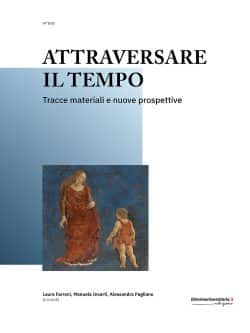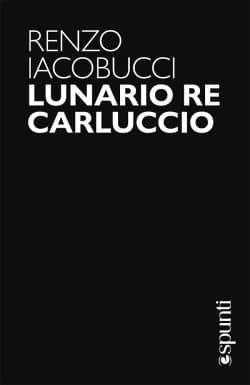Indice
a cura della Redazione di Civiltà e Religioni
Oddone Longo
a cura di Fabrizio Ferrari e Chiara Ghidini
We intend to present here some details concerning the polemics and the different interpretation of (Indian) rituals of Malabar. Following the perspective of previous purposes like the ones of Alessandro Valignano, in Japan, and of Matteo Ricci, in China, the jesuit mission in India, according to policy prepared and defended by another indian priest, Roberto de’ Nobili, will also bring a great controversion both in asian context and in the Congregation of Propaganda Fide.
In Madurai, the italian jesuit tried to match hiduism ans christianism, presenting the jesuits as western brahmins. The confrontation about the rituals of Malabar also took place from the clash among missionaries around the opportunity of allowing the newly-converted to keep on practicing some rituals form their country’s tradition. The conflict was being stablished and growing around a disagreement in the interpretation of those rituals: were they civil or religious rituals? The different answers bring along realy important interests and implications inside the jesuit missionary project. It was, at last, in the different interpretation of sannyasi brahmins’ symbols, hich inspired the adaptation praxis stablished by de’ Nobili’s missionary purpose that the confrontation about the rituals broke out.
The works and missionary activity of Ippolito Desideri tell the wondrous story of the encountering of Christianity and Tibetan Buddhism. The missionary travel is the adventure of a medium between two cultures. Thanks to the intellectual and existential practice of accomodatio, Desideri grasps the idea of “alterity” moving from a lifestyle completely alien to Western uses. Orthopractic comprehension, anthropological skills and missionary spirit make it possible for Ippolito Desideri to generalise the concept of “religion” and to apply it to a context lacking “God”. The analysis of such considerations urges us to critically reflect from an anthropological point of view on Western contemporary culture.
Fernão Mendes Pinto traveled to the East for twenty-one years, moving from India to Japan. Returned home in 1558, after waiting in vain for court reward, he moved to Almada and began to write his memoirs, the Peregrinação: 226 chapters in which he recounts his adventures and dwells upon describing institutions at that time almost unknown in Europe. Among the many issues debated, there are religions. Islam is dismissed in few words, usually of blame. As per the other religions, he is more insightful, describing them in the smallest details although unavoidably concluding his analyses with the words: «parvoice, cegueira, desatinos, patranhas», that is foolery, blindness, blunders and lies. The most common word is blindness, also used by “pagans” when accusing the Portuguese not so much because they follow a religion different from theirs, but because they justify their wrongdoings with the name of God.
The introduction of Roman Catholicism to Korea in the seventeenth and eighteenth centuries marked the beginning of the clash between traditional Korean culture and society and the modern West. One of the most forceful voices raised against the new religion was that of An Chŏng-bok (1712-1791), a prominent historian and government official. Although he represented the general rejection of Roman Catholicism by the Korean Neo-Confucian scholarly elite, An’s polemics were distinctive in emphasizing historical arguments over theological disputation. His attention to historical evidence reflected his involvement in Sirhak or the School of Practical Learning, which focused on “practical” matters such as history, politics, and economy rather than the conventional Neo-Confucian metaphysics.
The concepts of Orient and Occident are characterised by a history and a tradition of thought. Like images in the mirrors, these ideas are meaningful only when compared with each other. This paper draws the ‘portrait of Orient’ by examining two types of Chinese drama series: series about transnational families, featuring interactions between Chinese and non-Chinese cultures; and series which captured the imagination of audiences in China. The television’s fictional products depict the Chinese perception of the Orient as a contemporary revival of traditional values and practices. The core value of this Orient is the supremacy of collective interest, a concept inherently in contrast with a West that worships the individual above all. The part of humanity capable of appreciating the nobility of these values can slip down easily into this cultural “East”, understood as Tianxia, the ancient Chinese cultural concept that denoted either the entire geographical world or the metaphysical realm of noble men.





